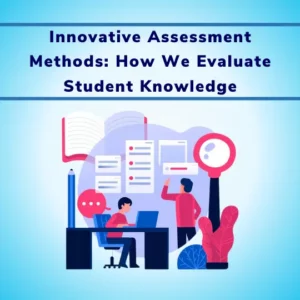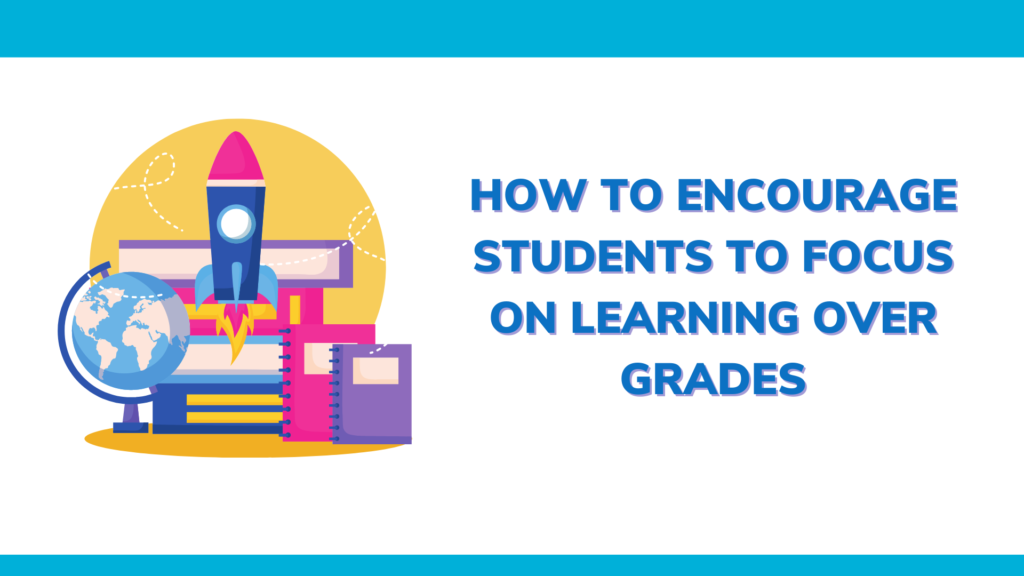
Article Contents
Introduction
Today’s world is constantly changing and evolving, which is why traditional classroom-based learning needs to be updated to reflect these changes. The current education system is becoming obsolete and needs to be revamped in terms of knowledge acquisition, application-oriented learning, and the way exams are conducted.
Education institutes must focus on the practical aspects of the world to make students better citizens.
If students have practical knowledge, they will be more likely to be accepted into the industry for work. Through certain changes, educational institutes must encourage students to focus on learning over grades.
A national-level employability report uncovered that over 80% of graduate engineers are unemployable and lack demanding skills.
The report also includes that 60% of the faculties do not teach in an application-oriented way and thus students are compelled to think only of theoretical aspects.
36% of graduate engineers agreed that they are working on a project that is totally different from what they learned in graduate school.
Here are some ways to encourage students to focus on learning rather than on grades
1. Focus on the Practical Knowledge Acquisition Process

Gaining the practical knowledge becomes especially important in 2023 considering the rapidly evolving technology and abundance of open knowledge due to deeper reach of internet.
Having practical knowledge of a subject is crucial for a student’s employability. It’s not enough to just have theoretical knowledge; it’s important to be able to apply that knowledge in real-world situations.
One way for education institutes to encourage students to develop practical skills is to incorporate hands-on activities into their curriculum. This could include group discussions, role-playing, and other interactive activities that allow students to apply what they have learned in a practical setting.
Another way to help students develop practical skills is to provide opportunities for them to gain real-world experience. This could include internships, job shadowing, and other types of experiential learning. These types of experiences can help students develop the skills they need to succeed in their careers.
Overall, it’s important for education institutes to prioritize practical knowledge and skills in their curricula. By doing so, they can help their students become more employable and better prepared for the workforce.
2. Do not focus on theory-based knowledge but ask curious questions to students

Questions are one of the best triggers for creative thoughts, while we can encourage students to ask the questions, we can also trigger the creative thoughts by asking them questions
It’s true that today’s education system often emphasizes rote memorization and the ability to regurgitate information on exams, rather than fostering a love of learning and curiosity about the subject.
This approach can make education feel dry and unengaging for many students.
To help build curiosity in students, education institutes should focus on encouraging students to ask questions and explore the subject on their own. Teachers can do this by incorporating activities that encourage curiosity and critical thinking into their lessons.
For example, they can ask open-ended questions that don’t have a single correct answer or give students the freedom to explore a topic in greater depth on their own.
In addition to this, education institutes can encourage students to read reference articles and watch related videos on their own time. This can help students develop their own interests and learn more about the subject in a way that feels engaging and enjoyable.
Overall, building curiosity in students requires a shift in focus away from memorization and toward exploration and discovery. By creating an environment that encourages curiosity, educational institutes can help students develop a lifelong love of learning.
3. Encourage internships or work at NGOs

We often hear that the students find the work that they do after completion of their course totally irrelevant to them.
If we broadly see, we can teach students how to learn, and they can excel in any field they choose later on.
Internships are a great way to give students a glimpse of how real-world corporations work.
Encouraging students to volunteer with NGOs that work on humanitarian causes is a great way to help them develop empathy and awareness of the world around them. By working with underprivileged communities, students can gain a better understanding of the challenges that these communities face and how they can be addressed.
In addition to developing empathy and awareness, volunteering with NGOs can also help students develop leadership skills. Working in a team and being responsible for various tasks can help students learn how to work effectively with others, communicate effectively, and take on leadership roles.
Overall, encouraging students to volunteer with NGOs can be a valuable experience that helps them develop a range of important skills and qualities. By providing students with these opportunities, education institutes can help them become more well-rounded and prepared for the future.
4. Activity-based Learning

You cannot be 100% confident about anything until you do it by yourself and succeed.
Imagine how hard it would have been if you were asked to learn how to ride a bicycle just by seeing someone riding it. It seems hard, right?
More or less; when we teach students a concept without letting them perform it, they are likely not to understand the concept in totality. This makes activity-based learning an inevitable part of concept grasping.
Activity-based learning is an effective way to engage students and help them develop a deeper understanding of the subject matter. By providing opportunities for students to apply what they have learned through hands-on activities and experiments, educators can help students develop critical thinking and problem-solving skills, as well as promote teamwork and collaboration.
Incorporate a variety of learning activities into the lesson plan, such as experiments, group projects, field trips, and problem-based tasks. This will keep students engaged and provide them with multiple ways to learn and explore the subject.
Create a supportive learning environment that encourages students to take risks and try new things. This can include providing resources and support for students to work on their own or in groups, as well as offering positive feedback and recognition for their efforts.
Encourage students to reflect on their learning experiences, such as by asking them to write about what they have learned or share their thoughts and findings with the class. This can help students consolidate their learning and develop a sense of ownership over their education.
Use technology to enhance learning activities, such as by providing access to online resources and tools, or by using video conferencing to connect students with experts in the field. This can help students learn in new and exciting ways, and can also provide opportunities for them to learn from others outside of the classroom.
5. Interaction with their Role Models

Role models directly or indirectly shape the personality of the students, they act as an inspiration to the students and encourage them to meet their potential.
The majority of successful people describe their interaction with their mentors as a turning point in their lives.
When you provide your students a chance to interact with their role models, you actually give them a chance to find inspiration and grow.
Inviting successful individuals from a range of fields to speak to students can be a great way to provide them with valuable insights and inspiration. By hearing from role models, social workers, entrepreneurs, and sports athletes, students can learn about the challenges that these individuals have faced and how they have overcome them. This can help students develop a more positive outlook and gain motivation to achieve their own goals.
One way for education institutes to provide these opportunities is to arrange Ted-like events, where successful individuals can share their stories and experiences with students. These events can be an engaging and inspiring way for students to learn about different careers and lifestyles and can help them develop a wider perspective on the world around them.
Overall, inviting successful individuals to speak to students can be a valuable experience that helps students develop important skills and qualities. By providing these opportunities, education institutes can help students become more well-rounded and prepared for the future.
6. Make the student a team player

As it is truly said that- All work and no play make Jack a dull boy, if students are only asked to study and not to get involved in social and class-level activities, students become self-centric and lose the ability of social interaction and collaboration in the long run.
While in school, it is optional for students to interact with each other, but the same is not true later on, in business or corporate jobs, it becomes inevitable to work with teams.
This makes it important to train students to be collaborative team players right from their school life.
Team building and working in a team are important skills for students to develop, as they can help them succeed in their personal and professional lives. Playing team sports is a great way for students to learn these skills, as it allows them to experience the practical aspects of working in a team, such as leadership, cooperation, and communication.
Education institutes should encourage students to participate in sports activities, as this can provide a valuable learning experience. By playing team sports, students can learn how to work effectively with others, how to overcome challenges and setbacks, and how to develop a never-say-die attitude.
These skills can be applied to many different situations, both inside and outside of the classroom, and can help students become more successful and well-rounded individuals.
Overall, participating in team sports can be a valuable experience for students, as it can help them develop important skills and qualities that can benefit them throughout their lives. Education institutes should encourage students to take part in these activities, as they can provide a unique and valuable learning experience.
7. Encourage students to start their own podcast or youtube channel for learning communication

Undoubtedly, communication skill is one of the best skills one can even learn. A candidate with better communication skills is always preferred in corporations
65% of the recruiters accept that they would prefer a candidate with good communication skills than one with the relevant major subject in their course.
Encouraging students to start their own podcasts or YouTube channel is a great way to help them develop their communication skills. By creating and hosting their own content, students can learn how to express themselves clearly and effectively and can gain experience in presenting information to an audience.
Starting a podcast or YouTube channel is relatively easy, and education institutes can provide support and guidance to help students get started.
Teachers can provide suggestions for topics and formats and can help students develop a plan for creating and publishing their content.
Having their own podcast or YouTube channel can also provide students with valuable experience in online businesses. By creating and promoting their content, students can learn about marketing and audience development and can gain an understanding of how to build an online following. This can be a valuable skill that can help students succeed in a variety of careers.
Overall, encouraging students to start their own podcasts or YouTube channel is a great way to help them develop their communication skills and gain experience in online businesses. By providing support and guidance, education institutes can help students take advantage of these valuable learning opportunities.
8. Provide practical knowledge of how to manage money

Managing money in the right way is one of the essential skills not only for growth but also for survival in today’s world.
While many of us think that students do not bother much about their finances, in reality, they do.
According to one survey, 7 out of 10 students feel worried about their personal finances.
Source- Link
This makes it important to help them in understanding how they should manage their money in a better way.
It is true that many education institutes do not include money management skills in their curriculum, despite the fact that these skills are essential for individuals to succeed in life.
By teaching students about financial concepts such as budgeting, saving, investing, and debt management, education institutes can help prepare them for the real world and equip them with the tools they need to make informed financial decisions.
9. Encourage students to set learning goals for themselves and monitor their progress toward achieving those goals
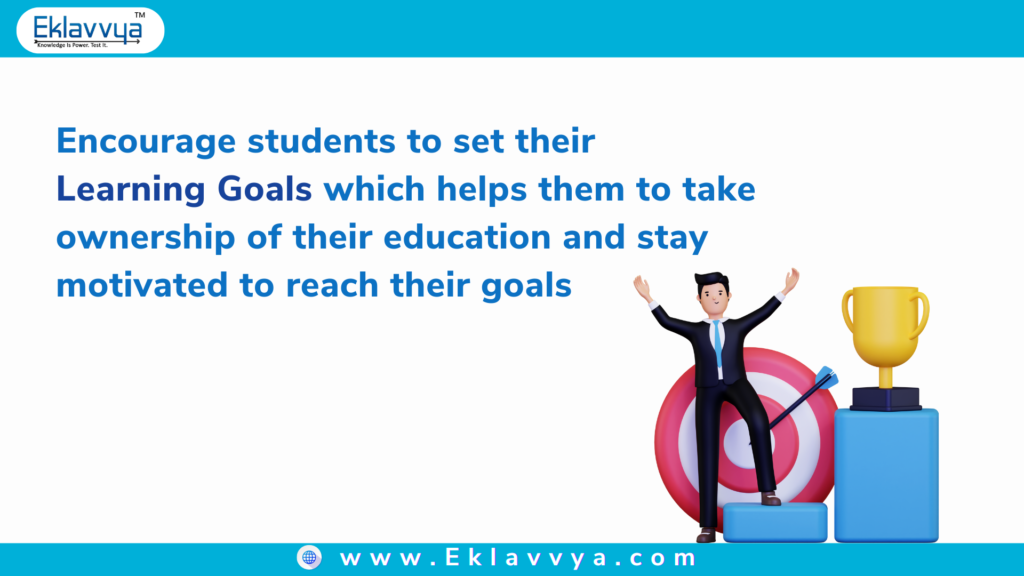
Timelines are important, they constantly push you to match up the speed and achieve the target fastest possible.
Teaching students to set up goals and timelines is one of the key steps to make them ready to work in a fast paced work environment, may it be a business or a job.
Encouraging students to set learning goals for themselves is an important way to help them take ownership of their education and stay motivated. By setting goals, students can identify specific areas where they want to improve and focus their efforts on achieving those goals. This can help them stay engaged and motivated and can make their learning more meaningful and effective.
To help students set learning goals, education institutes can provide guidance and support. Teachers can help students identify areas where they want to improve, and can provide suggestions for specific goals that are challenging but achievable. Educators can also help students develop a plan for achieving their goals, including steps they can take and resources they can use to help them reach their targets.
Once students have set their learning goals, it’s important to help them monitor their progress toward achieving those goals. This can be done through regular check-ins and progress reports, where students can review their progress and make adjustments to their plans as needed. By tracking their progress, students can see the progress they are making and stay motivated to keep working toward their goals.
Overall, encouraging students to set learning goals for themselves and monitor their progress is an important way to help them stay engaged and motivated in their education. By providing support and guidance, education institutes can help students develop the skills and habits they need to succeed.
10. Use a variety of assessment methods, including projects, presentations, and problem-solving tasks, to evaluate students’ learning and give them a more well-rounded view of their progress
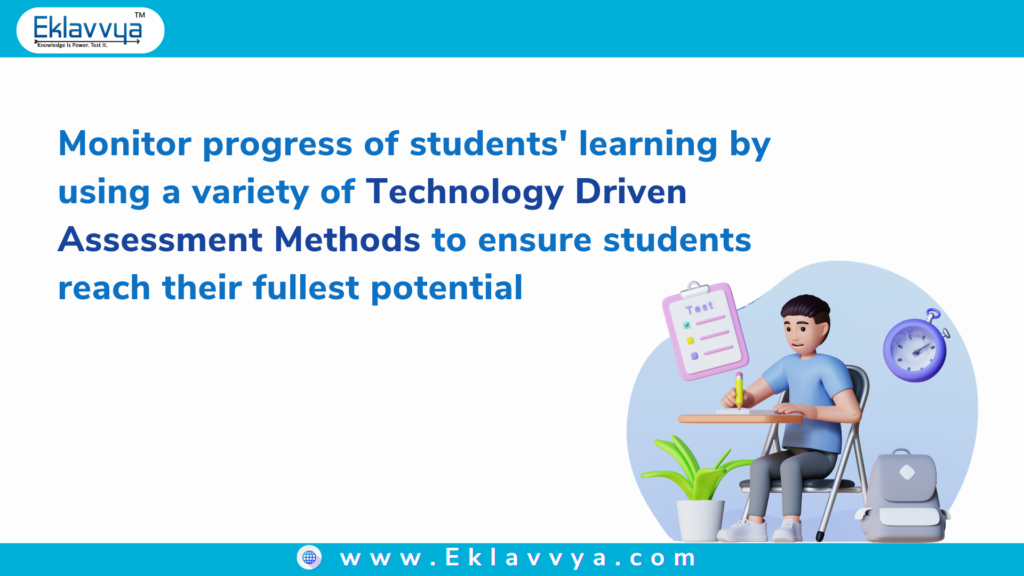
Assessments are not only important in qualifying a candidate for the next step but are also important to help them to reflect on their progress.
One of the notable things about assessments is that the approach of teachers in designing an assessment largely impacts the way students learn.
Most of the students strategize their study to match up with the level and types of questions asked in the assessment. Creating an assessment that evaluates students beyond theoretical concepts can actually positively impact the way students learn.
Using a variety of assessment methods is an important way to evaluate students’ learning and give them a more well-rounded view of their progress. Traditional methods, such as multiple-choice tests and written exams, can be useful for evaluating students’ knowledge of facts and concepts, but they don’t always provide a complete picture of what students have learned.
To get a more comprehensive view of students’ learning, education institutes can use a range of different assessment methods, such as projects, presentations, and problem-solving tasks. These methods can help students demonstrate their skills and knowledge in a more practical, applied way, and can provide a better sense of their overall progress.
In addition to using a variety of assessment methods, education institutes should also consider incorporating technology-based assessments into their curricula. Online assessment tools can provide detailed analytics about students’ strengths and weaknesses and can help educators identify areas where students need additional support. These tools can also provide instant and accurate feedback, which can help students track their progress and make adjustments to their study habits as needed.
Overall, using a variety of assessment methods and incorporating technology-based assessments can help education institutes get a more complete view of students’ learning and provide them with the support they need to succeed.
11. Provide practical knowledge of Spirituality and Meditation to increase focus and concentration

Mindfulness is an important aspect of today’s life, and it is well accepted that spiritual activities and meditation can greatly help one to achieve mindfulness.
A study shows that students who practiced Yoga for six weeks had less stress and anxiety as compared to others. Source- Link
This further signifies the importance of meditation in not only mindfulness but also in improving stress levels.
Providing students with practical knowledge of spirituality and meditation can be a valuable way to help them improve their focus and concentration. It’s well-known that these practices can help individuals reduce stress and anxiety, and can improve their ability to concentrate and stay focused on tasks.
To provide students with practical knowledge of spirituality and meditation, education institutes can include these topics in their curricula and provide opportunities for students to learn and practice these skills. This could include lessons on the principles and benefits of spirituality and meditation, as well as guided meditation sessions where students can learn how to meditate and experience the benefits for themselves.
Incorporating spirituality and meditation into the curriculum can also provide students with valuable life skills that can help them succeed in many different areas of their lives. By learning about these practices, students can gain a better understanding of themselves and their place in the world and can develop the skills and habits they need to be more focused, calm, and resilient.
Overall, providing students with practical knowledge of spirituality and meditation can be a valuable way to help them improve their focus and concentration. By incorporating these topics into their curriculum, education institutes can help students develop important life skills that can benefit them in many different ways.
Conclusion
To conclude, education institutes should prioritize incorporating life skills into their curricula and focus on improving students’ practical knowledge. By doing so, they can help students become well-rounded, capable individuals who are prepared to succeed in their personal and professional lives.
Incorporating life skills into the curriculum can help students develop important qualities, such as empathy, critical thinking, and communication, that are essential for success in today’s world. By providing students with opportunities to learn and practice these skills, education institutes can help them become more capable and confident individuals.
In addition to incorporating life skills into the curriculum, education institutes should also focus on improving students’ practical knowledge. By providing students with hands-on learning opportunities, real-world experiences, and a variety of assessment methods, education institutes can help students develop the skills and knowledge they need to succeed in their careers.
Overall, by prioritizing life skills and practical knowledge, education institutes can help students become better citizens of tomorrow.


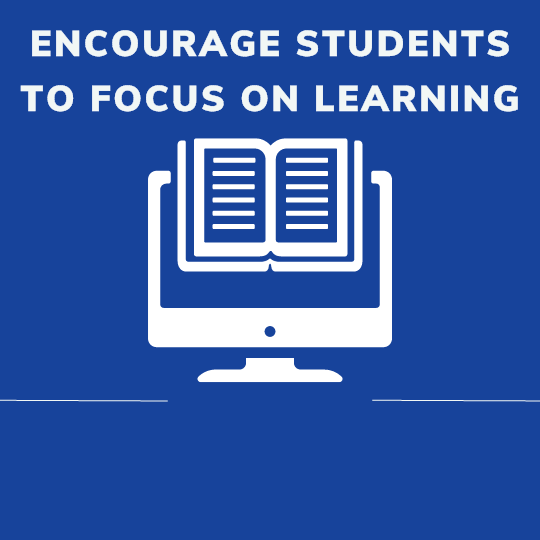
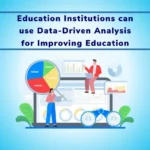
![How Government-Led Exams at 250+ Locations Are Setting New Standards of Integrity [Case Study]](https://www.eklavvya.com/blog/wp-content/uploads/2024/04/Enhancing-Exam-Integrity-Government-Certification-in-250-Locations-150x150.webp)
![Transforming Central Govt. Exams Evaluation: How Onscreen Marking is Leading the Charge [Case Study]](https://www.eklavvya.com/blog/wp-content/uploads/2024/04/How-Onscreen-Marking-Revolutionized-Central-Govt-Exams-Case-Study-1-150x150.webp)
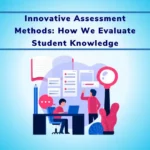
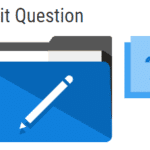

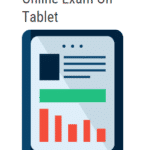









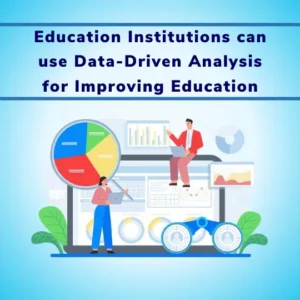
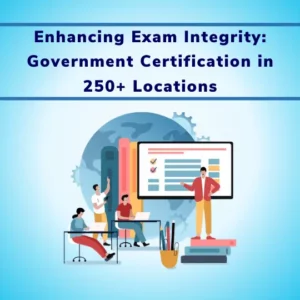
![How Onscreen Marking Revolutionized Central Govt Exams [Case Study]](https://www.eklavvya.com/blog/wp-content/uploads/2024/04/How-Onscreen-Marking-Revolutionized-Central-Govt-Exams-Case-Study-1-300x300.webp)
